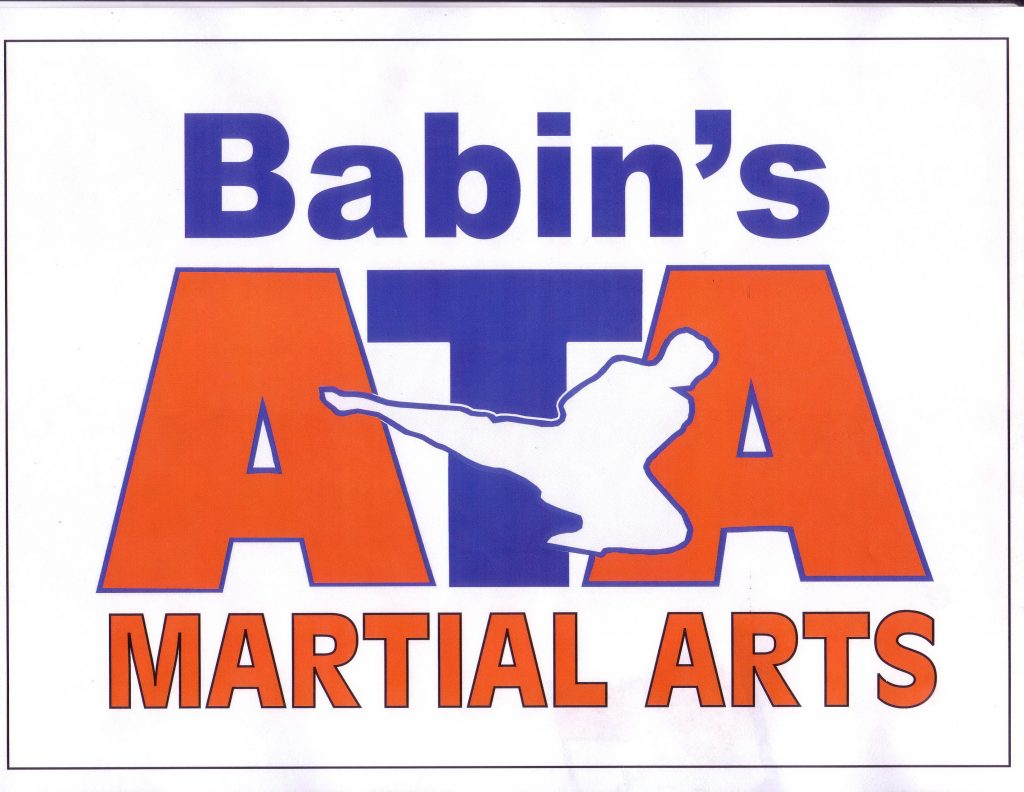Welcome to 2009! Can you believe another year has passed? Well, now that a new year is upon us, it’s time to reflect on 2008…as well as set some new goals for the coming year. Stop for a moment and ask yourself these questions:
- What goals did I achieve last year?
- Did I work hard to reach my goals?
- How have I grown in the last 12 months? What have I learned?
- What new goals do I want to set for 2009? And finally…
- What am I willing to sacrifice in order to reach these new goals?
Looking back, it’s also important to acknowledge yourself and pat yourself on the back. I know you have achieved a lot here in our academy and grown as a result. And guess what? This year is going to be even better.
Especially when you start using the four secrets I’m about to reveal on the next few pages. These secrets will help you perform at your peak, stay cool under fire and reach your goals easier than ever before. And believe it or not, these secrets come courtesy of the…
U.S. Navy Seals!
There’s a thing or two you can learn about top performance and mental toughness from the Seals. They’re among the most elite of our armed forces. They conduct counter-terrorist, surveillance (spying) and direct combat missions from the sea, land and air. As you can imagine, the process of becoming a Seal is one of the toughest physical and mental challenges on earth. Recruits have to pass tests such as swimming with both arms and legs tied, enduring live-fire drills and surviving freezing water in the open ocean. Most recruits do NOT make the cut. But some do.
What makes the difference between those recruits who pass all the grueling tests to become Seals and those who don’t? All Seal recruits are in top physical shape. No big surprise there. And all recruits are highly motivated to succeed. No, the one thing that separates winners from the losers is simple…
Mental Conditioning!
The recruits who survive the challenges and earn the privilege of becoming a Seal master their mental states and this is what gives them the edge over everybody else.
How does this relate to you? How does this fit in with you being a martial artist? In big ways. First, to achieve your goals, you must perform at your peak. And to do that, you must master your mindset. Take, for example, testings. If you can’t tame your mind while being tested, you won’t perform well. The same is true of tournaments: as you enter the ring, you should be relaxed and focused. Finally, if you ever need to use your martial arts skills in the real self-defense situation, controlling your emotions could make the difference between being a victim or being a victor. Yes, mindset plays a huge role in martial arts. And that’s why it’s so critical for you to learn these breakthrough techniques. So…are you with me? Are you ready to adopt the mindset of a Navy Seal? Good. Because I’m now going to reveal their exclusive four-part mental toughness system to you!
The System:
The Navy Seals peak performance system has four main parts:
1 Goal-Setting
2 Mental Rehearsal
3 Arousal Control
4 Self-Talk
Let’s talk about each one of these. We’ll start with…
1. Goal-Setting
Under stress, the human brain fires rapidly and can quickly overload with “fight or flight” signals. This can paralyze a person, make action difficult and put them in grave danger. It’s the same thing that happens when a deer freezes in the headlights of an oncoming car. The Seal’s surprising solution? Focus on specific goals. They discovered that doing so calms the chaos and reduces stress. Even more crucial, focusing on specific goals activates the “logical” part of your brain which suppresses fear. As a martial artist, this means if you’re in a stressful situation, relax and focus on points which help you execute a technique. Let’s say you’re sparring. What you want to do is focus on a particular stance that will set you up for a great kick. Or focus on getting into a good position to land a punch. Narrow your focus to simple goals. This brings order to your brain, reduces your fight or flight instincts and helps you perform. Remember: goals are targets. Focus on the target. Make sense? Next up is…
2. Mental Rehearsal
Mental rehearsal means picturing your performance or skill before doing it. This, too, calms your mind, reduces stress and helps you hit your mark. But here’s the problem: the average person’s only mental rehearsal is a replay of bad things that have happened in the past. Why? Because the untrained mind tends to descend into negative thoughts without proper guidance.
So here’s what you want to do instead: visualize yourself successfully completing a task, technique or series of actions. If you’re prepping for a big tournament, picture yourself confidently walking into the ring, ready for the challenge. Or picture yourself executing a perfect jump round kick to the head for three points. If you’re testing soon, visualize the judge in front of you. Then picture yourself bowing in and performing every move in your form flawlessly. Really see it in your mind’s eye. Then run through this exercise again and again, until your nerves have calmed and you’re 100% comfortable in that situation.
What you’re doing is rehearsing it in your mind before you do it for real. The Seals discovered when you do this exercise, it makes executing the action easier and helps you cope with performance stress.
3. Arousal Control
Number three is arousal control. In a nutshell, arousal control means deep breathing to relax both the mind and body. When breathing is uncontrolled (shallow and rapid), negative emotions such as fear and panic flood your brain. But the Seals found a solution: take deep, slow, controlled breaths. This pushes back your panic and clears your mind. Sounds simple and easy. It is. But it’s also highly effective.
Here’s a great way to get started with this technique: when you’re under stress (such as sparring or being judged), don’t breathe from your chest (which makes you more emotional and is harder to control). Instead, breathe from your diaphragm. This means lower in your belly. Try it – it really works! Finally (and maybe the most important) is…
4. Self-Talk
Unfortunately, we’re sometimes our own worst enemies. The average person talks to himself at a rate of 300-1,000 words per minute…and studies prove much of this is negative (e.g. “I’m not any good at that”). Again, this is the normal, untrained brain doing its own thing. The Seals realized that by changing your self-talk to positive statements, it overrides the “fear signal coming from the panic button in the brain”. Isn’t that powerful?
So instead of letting negative emotions run wild, tame your thoughts and reprogram your brain with positive self-talk such as: “I can handle this” or: “Focus, easy…I can do it” or: “I have all the skills I need”.
You can use this skill in everyday life, too. Make positive statements such as: “I’m a martial artist. I can handle anything that comes my way” or: “I’ll never give up…it might be tough at times, but I can overcome any challenge” or: “I’m getting better and stronger every day”.
This means being kind to yourself. Do you have the guts to pat yourself on the back like that? Speaker and minister Joel Osteen tells a story of a lady who looks in the mirror every morning and says to herself, “Girl, you look good today!” And when she’s feeling really good, she says, “Girl, sometimes you look good, but today you look REALLY good!”
Osteen asks, “I wonder how many of us would be BOLD enough to look in the mirror and say something that complimentary of ourselves?”
So instead of voicing self-defeating or limiting thoughts, focus on positive, affirming statements. When you do this, it short-circuits the fear center of your brain and allows you to achieve your goals that much easier!
Combined, these four “mental mastery” secrets are incredibly powerful. So this year, when it comes time to perform, instead of being swallowed up by fear or overcome by stress, practice these special Navy Seal mental methods to calm your mind and do your best!
Your Monthly Call to Action
We’re going to do a little “experiment” in our academy over the next 12 months. Here’s what I want every student to do: First, I want all students to write down their goals for the next 12 months (see me for a “goal-setting worksheet”). A year from today, we’ll revisit your goals and see if you hit your mark. Be sure to include goals for your martial arts training, academic goals and any other goals you feel are important. And be specific. In other words, don’t say “I want to move up three belt ranks”. Instead, say, “I want to be a blue belt by the end of 2009”. Make sense? Then as soon as you’ve filled out your goal-setting worksheet, turn it in to me. Please do this by the end of the week. It will be fun to look back at then end of the year and see how many positive goals we’ve all achieved together! And remember: reaching your goals is a marathon, not a sprint. Happy New Years to everybody! Let’s make 2009 our best year ever!
—Senior Master Babin




